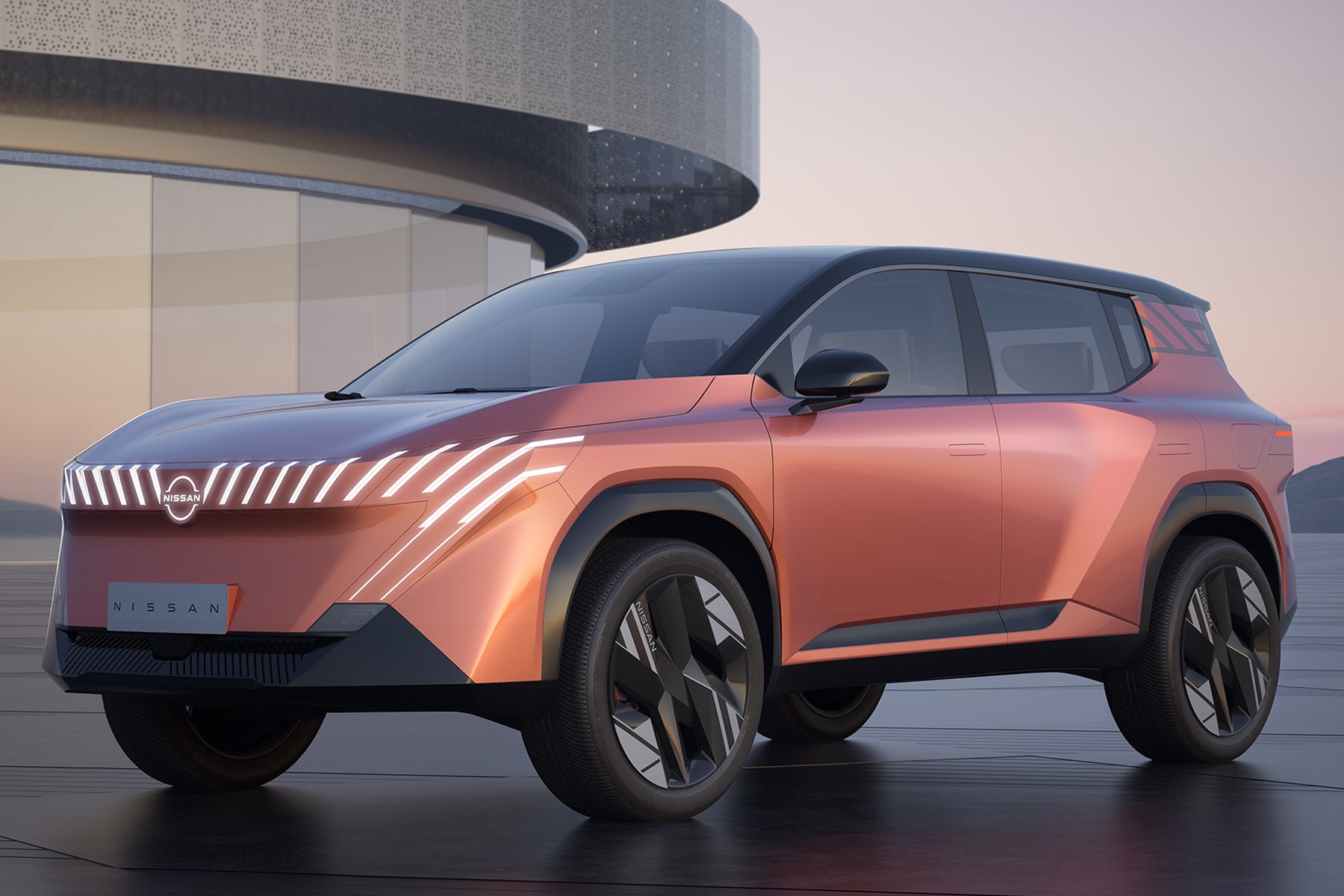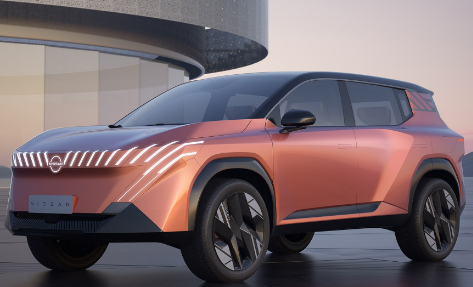Nissan has officially delayed the start of EV production at its Canton, Mississippi plant to 2028. The decision comes amid slowing demand in the U.S. electric vehicle market and broader changes in consumer behavior and federal incentives.
What’s Changing and Why
Originally scheduled to begin in 2027, production of two electric SUVs—one Nissan-branded and one under Infiniti will now be postponed by about 10 months. The Nissan model is now expected to launch in late 2028, while the Infiniti version will follow in early 2029.
The company cites internal evaluations and market trends as key reasons behind the delay. Executives say the move allows Nissan to better align the vehicles with customer expectations and evolving demand.
Industry Headwinds and Policy Shifts
The delay coincides with a noticeable slowdown in EV sales growth across the country. Industry-wide, automakers are scaling back production plans and revising forecasts due to lower-than-expected consumer adoption.

Additionally, the winding down of federal EV tax incentives has made electric vehicles less attractive for many buyers, adding pressure on companies like Nissan to rethink their rollout strategies.
Impact on Canton and Nissan’s U.S. Operations
Nissan had previously announced plans to make the Canton facility its EV production hub in the United States. Despite the delay, the plant will continue manufacturing gasoline-powered vehicles like the Frontier and Altima.
The new timeline gives Nissan more breathing room to invest in infrastructure, train workers, and refine its next-generation EV lineup before entering the competitive U.S. market.
A Cautious Step Toward the Future
While disappointing to some, Nissan’s decision to delay EV production may prove to be a strategic pause. The company is undergoing a larger turnaround plan aimed at increasing profitability and reducing operational risk. By holding off on EV launches until the market stabilizes, Nissan is betting on long-term success rather than short-term hype.
Nissan’s delay in launching electric vehicles from its Canton plant reflects the shifting landscape of the EV market. As demand cools and consumer priorities evolve, the company is taking a calculated step back, waiting for the right time to charge forward again.



